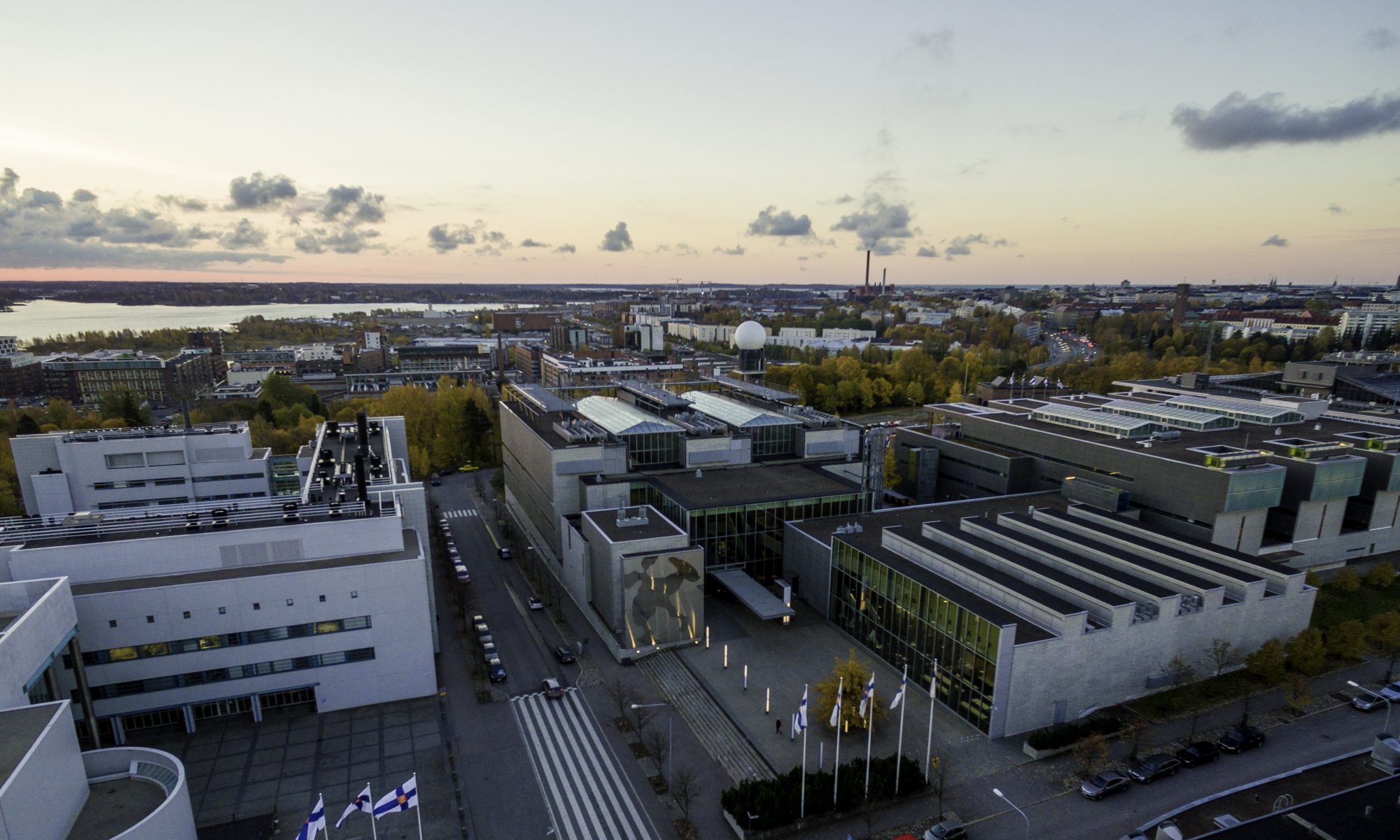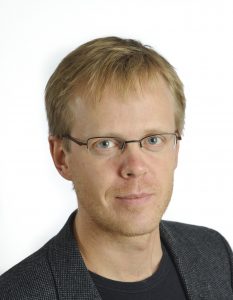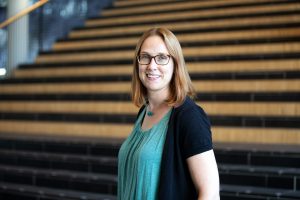Our first colloquium in the spring series is by Hanna Vehkamäki from the University of Helsinki on January 26th.
Hanna completed her PhD in theoretical physics at the University of Helsinki 1998. After that she worked two years at University College London, UK. She returned to University of Helsinki 2000, and was appointed a professor in computational aerosol physics 2009. Since  2001 she has been leading a research group focusing on computational studies of molecular cluster formation in the atmosphere. She is the director of Research Council of Finland Centre of Excellence ‘Virtual Laboratory for Molecular Level Atmospheric Transformations’ 2022-2029. 2011 Hanna founded and then chaired the INAR (Institute for Atmospheric and Earth System Research) equality and well-being group until 2023, and she is currently faculty of science vice dean responsible for equality and work well-being.
2001 she has been leading a research group focusing on computational studies of molecular cluster formation in the atmosphere. She is the director of Research Council of Finland Centre of Excellence ‘Virtual Laboratory for Molecular Level Atmospheric Transformations’ 2022-2029. 2011 Hanna founded and then chaired the INAR (Institute for Atmospheric and Earth System Research) equality and well-being group until 2023, and she is currently faculty of science vice dean responsible for equality and work well-being.
The event will take place on Friday 26.1.24 at 14:15, in Chemicum A110.
The event was also be streamed via Zoom, link:
https://helsinki.zoom.us/j/65796756028
The slides of the talk are available here: Vehkamaki_fys_kollokvio_no_vid_26_1_2024
The title of her talk is: Everyday tips for implementing Kumpula code of conduct
The abstract of her talk reads:
The presentation invites you to contemplate how the Kumpula Campus Code of Conduct https://www.helsinki.fi/en/faculty-science/faculty/kumpula-campus-code-conduct and more generally values it is based on should manifest themselves in the Kumpula community – especially from the point of view the work well-being and equality. The INAR equality and work well-being group has comprised a list of everyday behavior patterns that we should pay attention to when striving to make the workplace culture welcoming to people with diverse backgrounds, and some points from this list are highlighted as examples.

 The next colloquium in the fall series will take place on December 8) at 14:15. Our speaker will be Teemu Siiskonen, who has been recently appointed as the
The next colloquium in the fall series will take place on December 8) at 14:15. Our speaker will be Teemu Siiskonen, who has been recently appointed as the  The next colloquium in the fall series will take place on Friday (November 3) at 14:15. Our speaker will be Matilda
The next colloquium in the fall series will take place on Friday (November 3) at 14:15. Our speaker will be Matilda 
